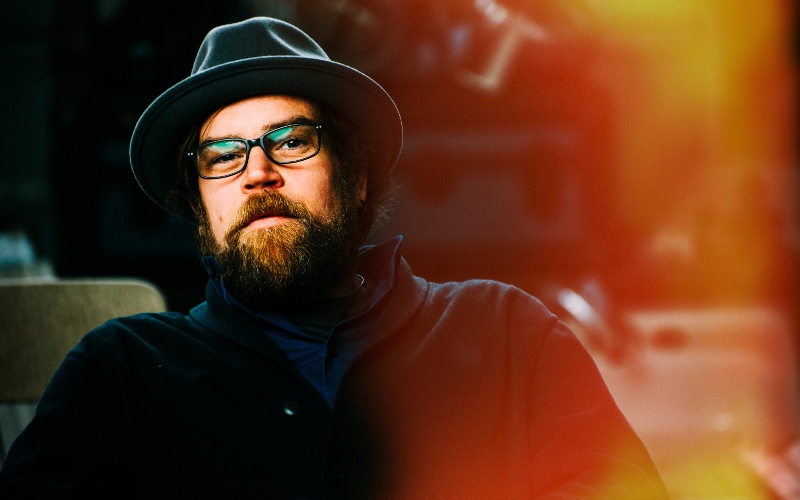The Purple Door: A survivor’s perspective
Published 4:23 pm Friday, January 26, 2018
She doesn’t want anyone to know. How can she possibly face people? What will they think? What will they say? Oh, she knows what they’ll say, all right. “Poor thing!” “What a pity!” “She seemed so normal.”
Statements like these are why many survivors of domestic abuse stay hidden in the shadows. The more emphatic comments sometimes overheard, such as “I certainly wouldn’t put up with that!” “Why did she stay? What’s wrong with her?” can devastate someone struggling with the healing process. You never know what a domestic abuse survivor “looks like.”
Talk is only the beginning. How about when a domestic abuse case lands in a full-blown courtroom trial? When the target of the abuse resisted, or defended herself, she’s just as bad because look how she lashed out. She’s obviously unstable. And if she didn’t resist, didn’t fight back, well, the underlying contempt in the voice of the attacker’s defense attorney, the insinuation that she’s a pathetic, spineless nothing, can finish the kill, the humiliation and emotional destruction began by the perpetrator, in thirty seconds flat. Publicly.
If you’re getting the idea that being the bulls-eye of domestic abuse puts a person in a no-win situation, you’re correct. Nothing about domestic abuse can be neatly wrapped up with a storybook ending or clinical closure.
Domestic abuse strips a person’s soul.
Someone can want with all their heart to believe that they have value, that the self-worth they thought destroyed can be revived, but deep inside they wonder. There is a lingering aftermath, when all is said and done. Even with today’s social awareness there’s a negative perception of those who’ve lived with domestic abuse. We find it in the workplace, in courts of law, and sometimes in our churches. We call them victims, or statistics. What they are, are human beings.
One way to truly help domestic abuse survivors is to end pre-conceived ideas of who they are. We need to let them know they don’t have to wonder whether they are “normal” or if they have value. We need to help them know that they are and that they do. There is a world of difference between ‘believing’ and ‘knowing.’
Just as surgical scars heal but still exist, emotional scars left by domestic abuse don’t disappear. I later married a wonderful, patient man with a gentle strength, who built me up and helped me to know my value. It can happen. But that first step was terrifying, and I wouldn’t have accepted that first date if I hadn’t already known him, a work colleague, for several years. Even so, I spent the hours before the date actively sick, and shaking with fear and insecurity.
It takes incredible inner strength for a broken human being to go from being a physical or emotional punching bag to being whole again, and nobody can do it alone. If you talk with someone fighting this uphill battle, don’t tell them how sorry you are; it isn’t about that. It’s about human dignity, and healthy living on the other side of the nightmare. Acknowledge their strength and their courage. They draw on it every day.
If you are a victim and need help, there is an excellent local resource available to you, Steps to HOPE in Columbus, N.C. Call 828-894-2340 or email steps@stepstohope.org. There are wonderful, skilled staff that can help you, just contact them.
by Julie Threlfall





